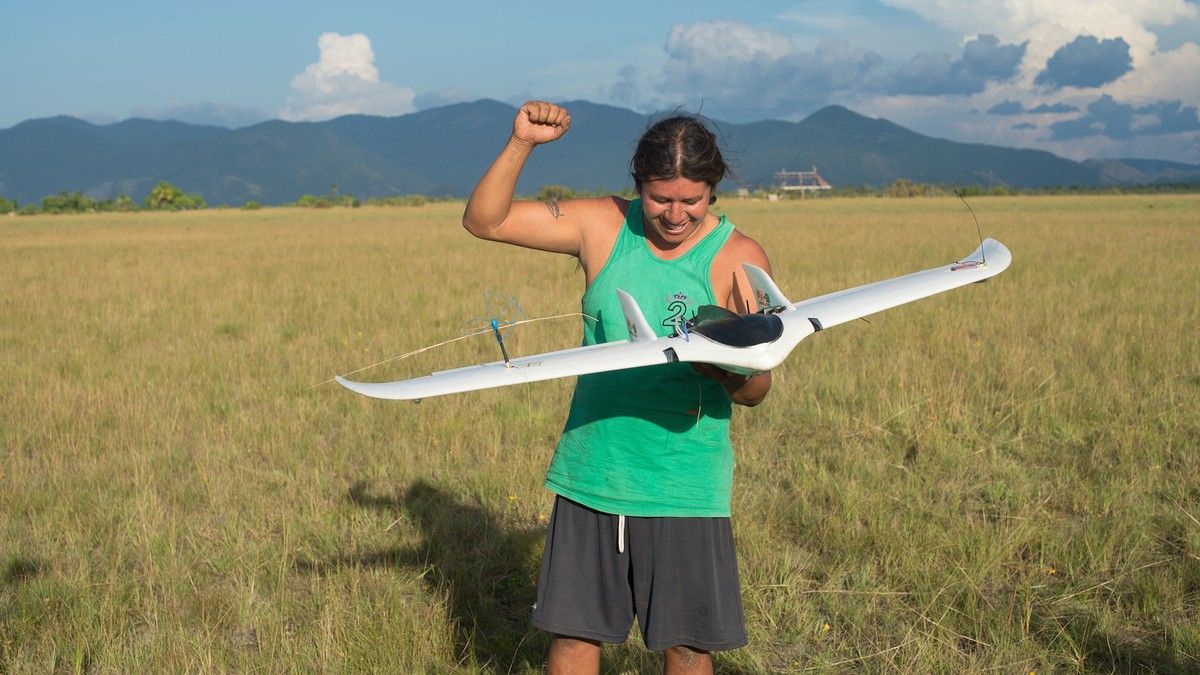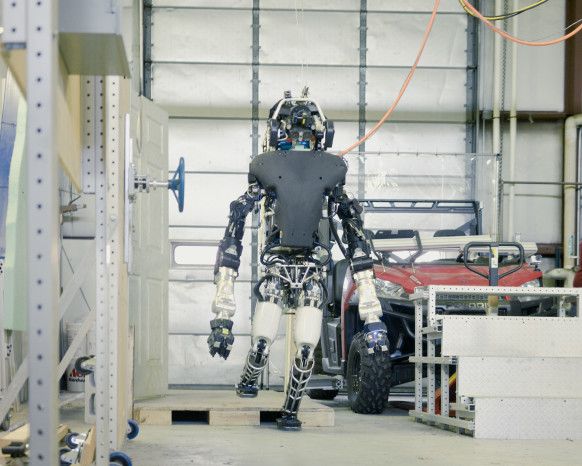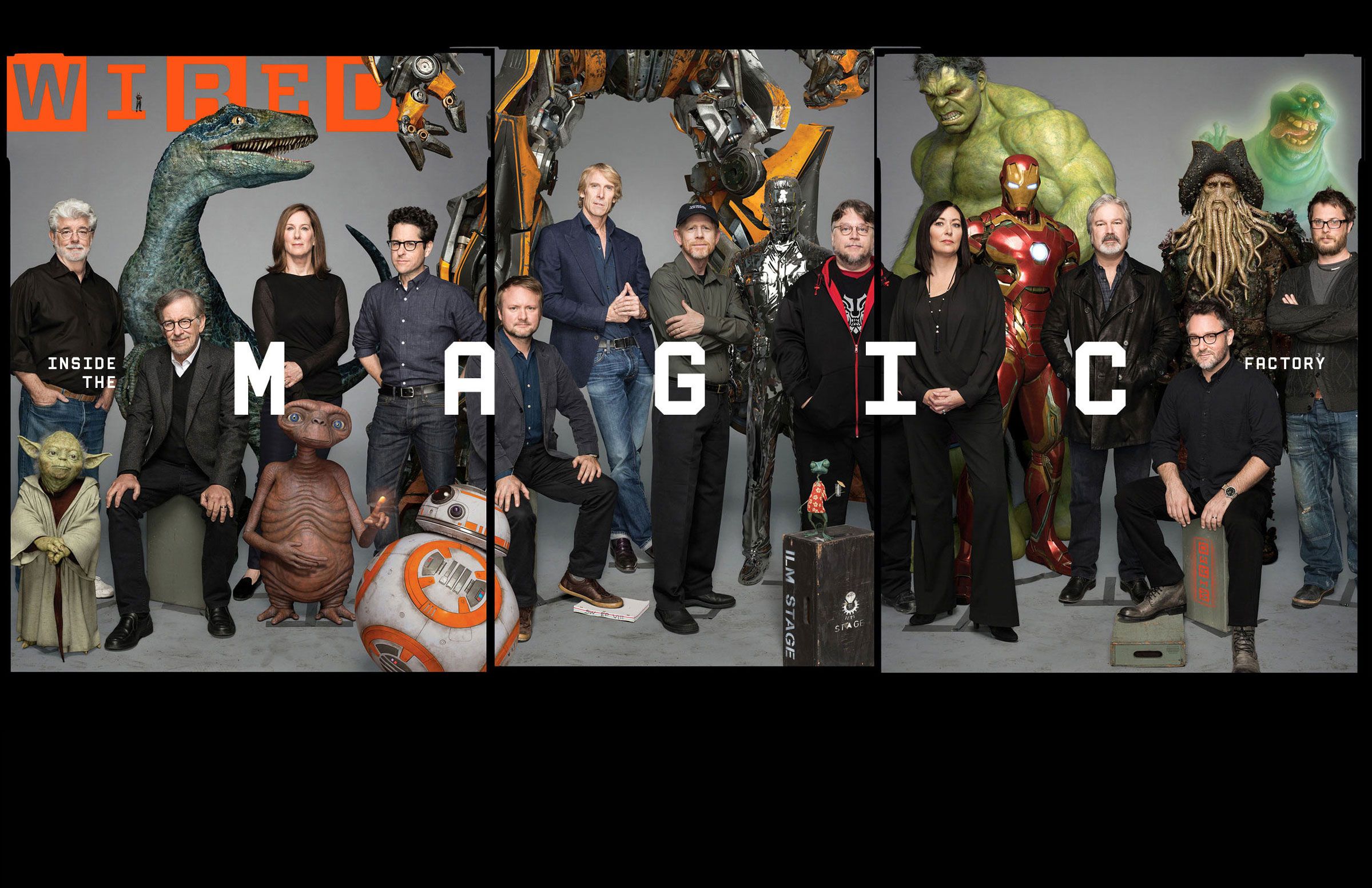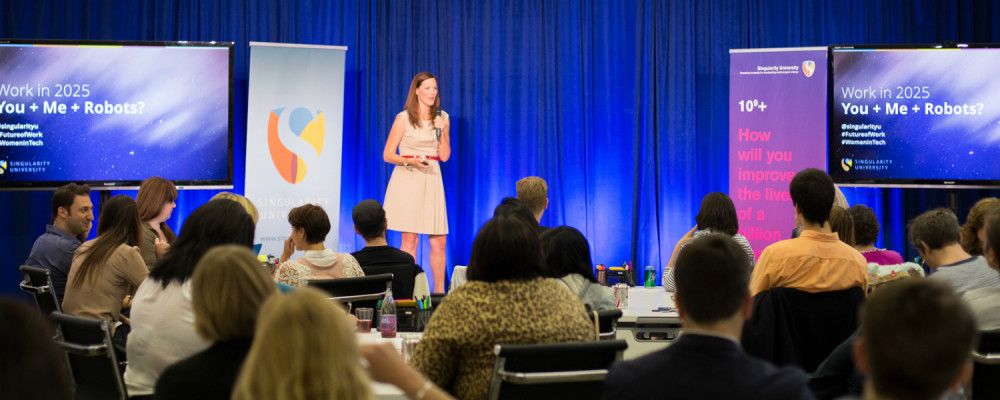As the young director had conceived it, Star Wars was a film that literally couldn’t be made; the technology required to bring the movie’s universe to visual life simply didn’t exist. Eventually 20th Century Fox gave Lucas $25,000 to finish his screenplay—and then, after he garnered a Best Picture Oscar nomination for American Graffiti, green-lit the production of Adventures of Luke Starkiller, as Taken From the Journal of the Whills, Saga I: The Star Wars. However, the studio no longer had a special effects department, so Lucas was on his own. He would adapt, and handily: He not only helped invent a new generation of special effects but launched a legendary company that would change the course of the movie business.
Industrial Light & Magic was born in a sweltering warehouse behind the Van Nuys airport in the summer of 1975. Its first employees were recent college graduates (and dropouts) with rich imaginations and nimble fingers. They were tasked with building Star Wars’ creatures, spaceships, circuit boards, and cameras. It didn’t go smoothly or even on schedule, but the masterful work of ILM’s fledgling artists, technicians, and engineers transported audiences into galaxies far, far away. Read more






